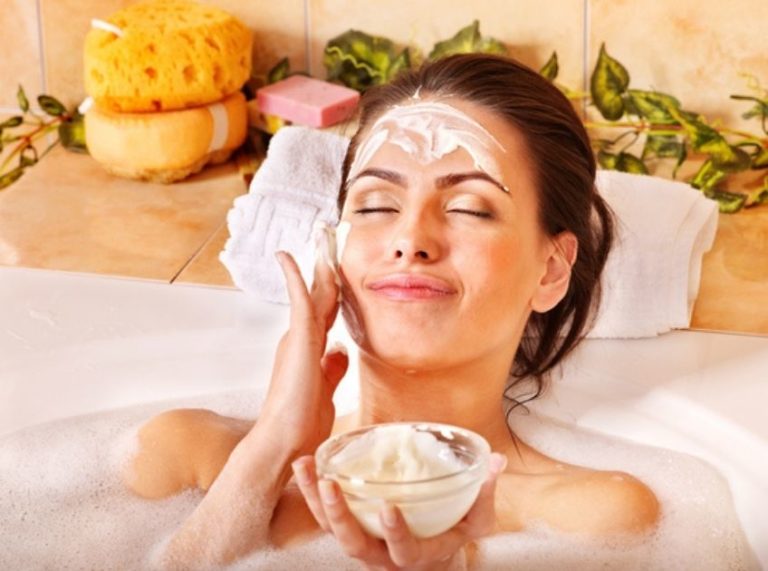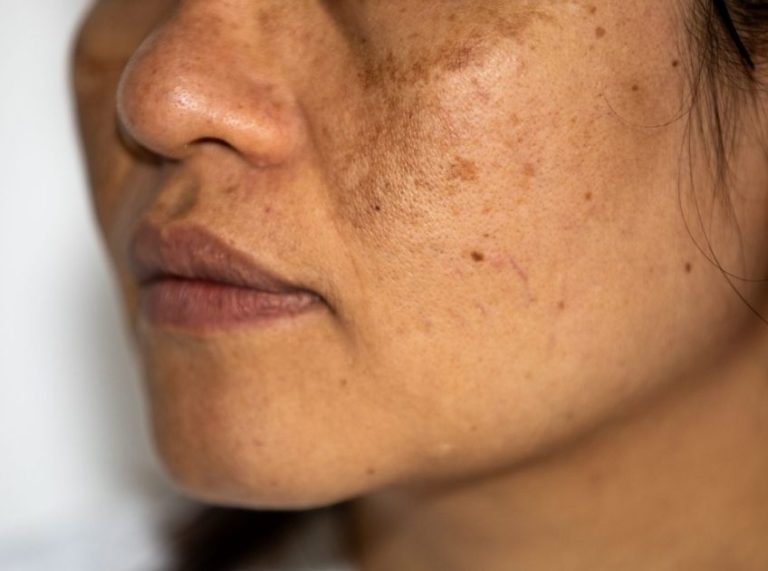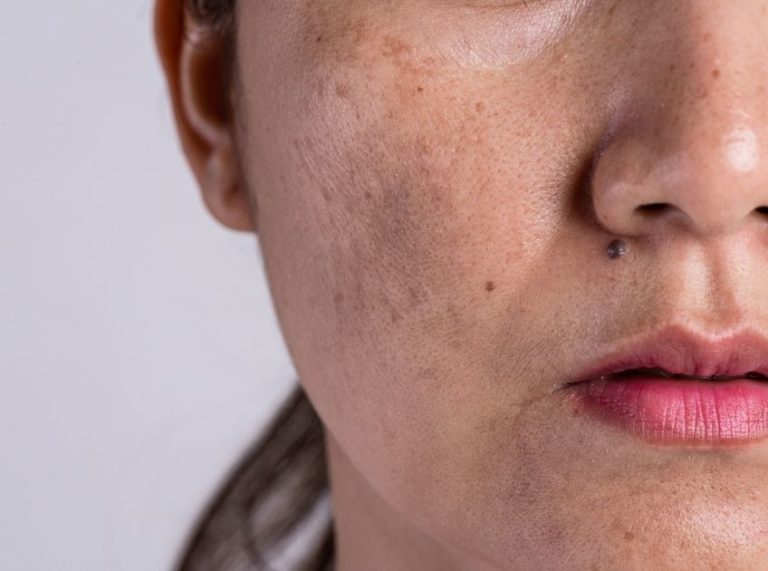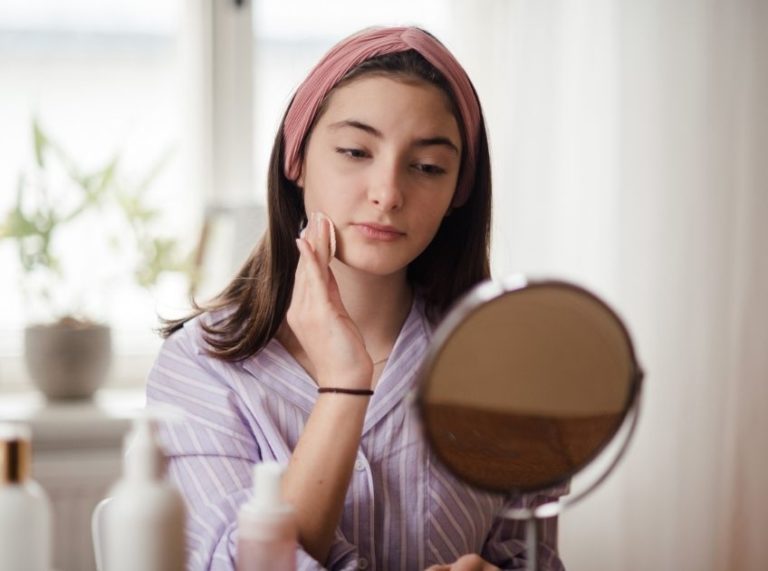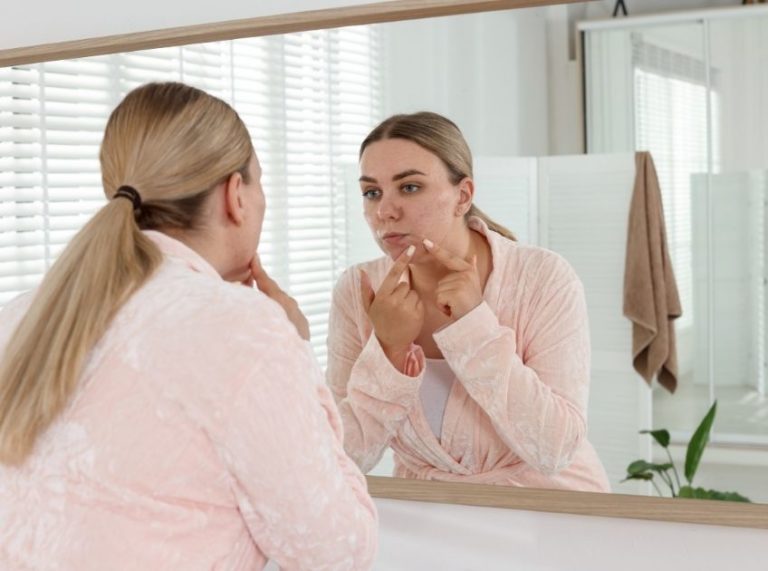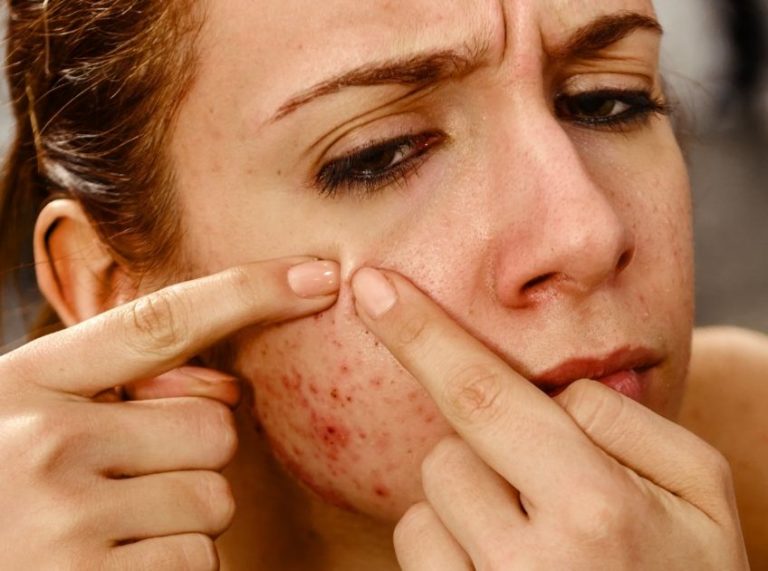
Important: This article is for informational purposes only. Please read our full disclaimer for more details.
When it comes to natural skincare, honey and lemon are two of the most talked-about ingredients. Both are easy to find in any kitchen and have been used for centuries in beauty rituals across cultures. Honey is known for its hydrating and healing properties, while lemon is praised for its brightening and clarifying effects.
But while this pair can be powerful, they aren’t without their drawbacks. Using them the right way is crucial to avoid irritation or unwanted side effects. Let’s dive into the benefits, risks, and best ways to use honey and lemon for glowing, healthy skin.
Sweet Skincare: The Benefits of Honey for Your Face
Honey is more than a natural sweetener—it’s a skincare powerhouse.
- Deep Hydration: Honey is a natural humectant, meaning it draws moisture into the skin and helps retain it, making it ideal for dry or dull skin.
- Antibacterial Action: Research published in the Journal of Cosmetic Dermatology (2016) shows honey can fight acne-causing bacteria like Propionibacterium acnes (1).
- Soothing Effect: Honey helps calm redness, inflammation, and irritation, making it useful for sensitive or acne-prone skin.
- Healing Properties: Studies on Manuka honey have shown it promotes wound healing and tissue repair (2).
The Sticky Side: Drawbacks of Honey for Skin
While generally safe, honey isn’t perfect for everyone.
- Allergic Reactions: Some people may experience mild redness or itching, especially if they’re allergic to pollen or bee products.
- Clogging Concerns: If not rinsed off properly, honey may feel sticky and trap impurities on oily skin.
- Limited Shelf Life: Raw honey can ferment or crystallize if not stored properly, which may reduce its skincare benefits.
Zesty Boost: The Benefits of Lemon for Your Face
Lemon juice has long been a go-to remedy for brightening and clarifying skin.
- Rich in Vitamin C: Vitamin C is a well-known antioxidant that helps fade dark spots, even out skin tone, and stimulate collagen production (3)(4).
- Natural Exfoliation: The citric acid in lemon gently removes dead skin cells, revealing fresher, smoother skin.
- Oil Control: Lemon’s astringent properties help reduce excess sebum, making it useful for oily or acne-prone skin.
- Skin Brightening: Regular use can lighten pigmentation and acne scars.
The Sour Truth: Drawbacks of Lemon for Skin
Despite its benefits, lemon juice can be harsh if misused.
- Skin Irritation: The high acidity can cause stinging, redness, or burning, especially for those with sensitive skin.
- Photosensitivity: According to dermatology studies, citrus extracts can increase sensitivity to sunlight, raising the risk of sunburn and pigmentation.
- Uneven Results: Overuse of lemon can strip the skin’s natural oils, leading to dryness or even breakouts.
Better Together: Honey and Lemon as a Skincare Combo
When combined, honey and lemon balance each other beautifully. Honey hydrates and soothes, while lemon brightens and clarifies. This makes the duo ideal for treating dullness, mild acne, and uneven skin tone.
However, moderation is key. Lemon’s acidity can be irritating, so it’s best to dilute it with honey and limit use to 1–2 times per week. Always follow up with sunscreen during the day since lemon increases sun sensitivity.
3 DIY Honey and Lemon Face Mask Recipes You Can Try
1. Classic Brightening Mask (Best for Oily & Dull Skin)
- Ingredients
- 1 tbsp raw honey
- ½ tsp freshly squeezed lemon juice
- Steps
- In a clean bowl, mix honey and lemon until well blended.
- Cleanse your face with a gentle face wash and pat dry.
- Apply a thin layer of the mixture using clean fingers or a brush.
- Let it sit for 8–10 minutes only.
- Rinse thoroughly with cool water and apply a light, oil-free moisturizer.
- Why It Works
- Honey locks in hydration while preventing the mask from being too harsh.
- Lemon contains vitamin C and citric acid, which brighten skin and reduce oil buildup.
- The combo gives a natural glow and may lighten dark spots over time.
- Pro Tip: Use at night to avoid immediate sun exposure. If your skin feels tingly, wash it off sooner.
2. Soothing Honey, Lemon & Yogurt Mask (Best for Sensitive or Combination Skin)
- Ingredients:
- 1 tbsp raw honey
- ½ tsp lemon juice (optional: reduce to a few drops if skin is very sensitive)
- 1 tbsp plain unsweetened yogurt
- Steps:
- Mix honey, yogurt, and lemon into a creamy paste.
- Cleanse your face and pat dry.
- Apply evenly to face and neck.
- Leave on for 15–20 minutes while you relax.
- Rinse with lukewarm water, gently massaging as you wash it off.
- Why It Works:
- Yogurt provides lactic acid, which gently exfoliates dead skin cells.
- Honey calms irritation and replenishes moisture.
- Lemon adds a mild, brightening effect without overpowering the mask.
- Pro Tip: Store leftover mixture in the fridge for up to 24 hours—it makes a cooling mask for hot days.
3. Exfoliating Honey, Lemon & Oatmeal Mask (Best for Acne-Prone or Rough Skin)
- Ingredients:
- 1 tbsp raw honey
- ½ tsp lemon juice
- 1 tbsp finely ground oatmeal (colloidal oatmeal works best)
- Steps:
- Grind oatmeal into a fine powder if not already prepared.
- Mix honey, lemon juice, and oatmeal into a thick paste.
- Apply to your face and massage gently in circular motions for 1–2 minutes.
- Let it sit for 10–12 minutes.
- Rinse with cool water, massaging again for light exfoliation.
- Why It Works:
- Oatmeal is anti-inflammatory and relieves redness from acne or irritation.
- Honey fights acne-causing bacteria and supports healing.
- Lemon helps reduce dark spots and freshens up skin tone.
- Pro Tip: Use once a week as a natural scrub-mask combo for smooth, clear skin.
Important Safety Notes for All Masks
- Always do a patch test first (apply a small amount on your wrist/behind your ear and wait 24 hours).
- Never leave lemon-based masks on for too long—its acidity can irritate skin.
- Apply sunscreen afterward, as lemon increases sun sensitivity.
- Limit use to 1–2 times per week to avoid over-exfoliation.
Frequently Asked Questions (FAQ’S)
1. How often can I use honey and lemon masks?
A. 1–2 times a week is enough. Overuse can irritate the skin, especially with lemon.
2. Can lemon remove acne scars completely?
A. Lemon may lighten scars, but results vary. For stubborn scars, dermatological treatments like chemical peels or laser therapy are more effective.
3. Is raw honey better than processed honey for skin?
A. Yes, raw honey retains enzymes, antioxidants, and antibacterial compounds that processed honey often loses.
Final Thoughts
Honey and lemon are two of nature’s most effective skincare ingredients, offering hydration, brightening, and antibacterial benefits. When used together, they can improve skin texture and tone, making them a valuable addition to your DIY skincare routine.
That said, they’re not without risks. Lemon’s acidity can be harsh, and honey may cause mild reactions in sensitive users. Always patch test before use, dilute lemon properly, and protect your skin with sunscreen afterward.
